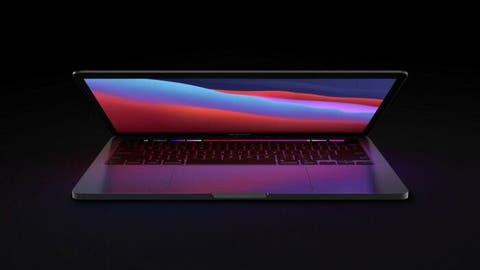Ever since Apple started seeding out macOS Monterey, several users have gone on to report that installing this update was bricking their computers, with the exact cause of this issue unknown.
Today however, according to Rene Ritchie, who has received a statement from Apple, it seems that the issue with Apple was the firmware of the company’s T2 security chip, as per 9to5Mac.
What Was the Peculiar Issue Affecting Users Updating to macOS Monterey?
“We have identified and fixed an issue with the firmware on the Apple T2 security chip that prevented a very small number of users from booting up their Mac after updating macOS.
The updated firmware is now included with the existing macOS updates. Any users impacted by this issue can contact Apple Support for assistance.”
We do not know the specific models that have been affected, with no mention of the affected configurations that are vulnerable or the number of users who have been affected.
However, MacRumors did find around nine users of MacBooks, MacBook Pros, iMac and more who mention that their devices no longer boot after updating to Monterey.
It is good news however that these users can reach out to Apple Support, but as of the time of writing this article, we do not know if the people will be able to get the data back.
For those curious, Apple’s T2 security chip has been seen on multiple products since its introduction in 2018, with Apple saying that the update firmware is not coming to older macOS updates.
What Else is Apple Working on?
In other Apple news, the company has revolutionized the world when it introduced its smart touch-screen screen devices – iPhone and iPad. The company also set a trend with the Touch ID technology, and more recently with the Face ID technology. None of the MacBooks ever released had a Face ID or a touch screen.
Nowadays, there are plenty of laptops with touch-input support, but this never came to Apple’s laptop lineup. Today, the company is explaining why it has chosen this path.
An Apple executive explained in an interview to The Wall Street Journal the reason behind Apple’s choice of leaving Face ID and Touch Screen support out of the latest MacBook Models.
So far, the lack of Face ID has been one of the biggest criticisms surrounding the MacBook. Many have wondered if the technology would ever appear in the Macs following its debut with the iPhone X in 2017.
Follow Gizchina.com on Google News for news and updates in the technology sector.
